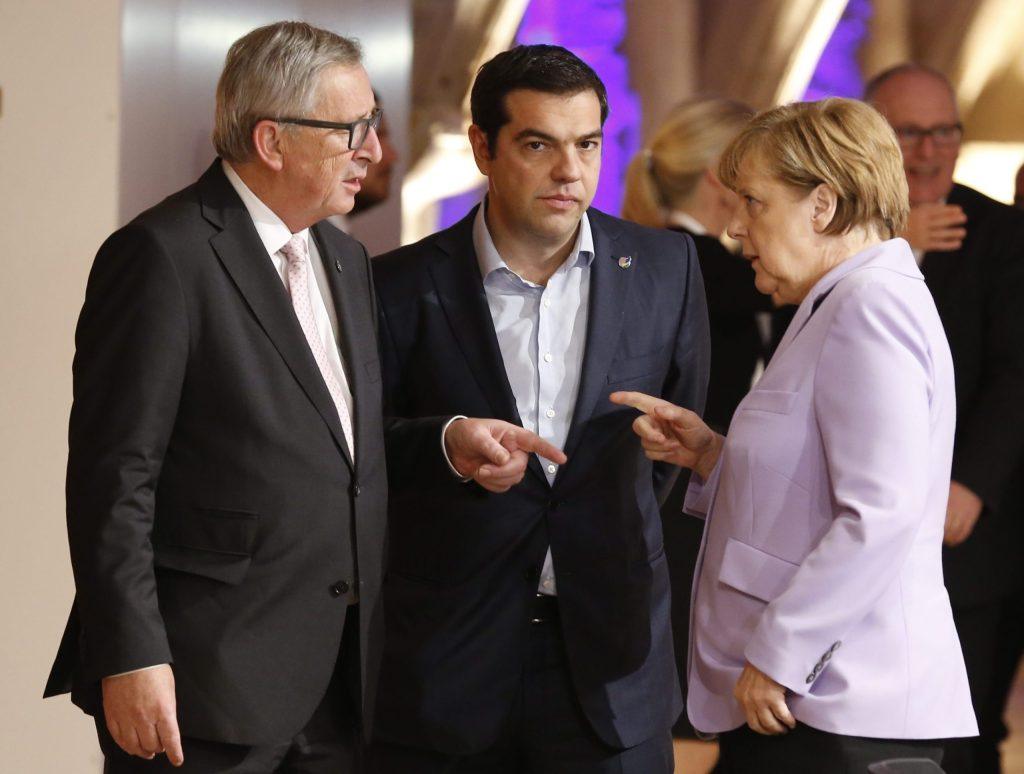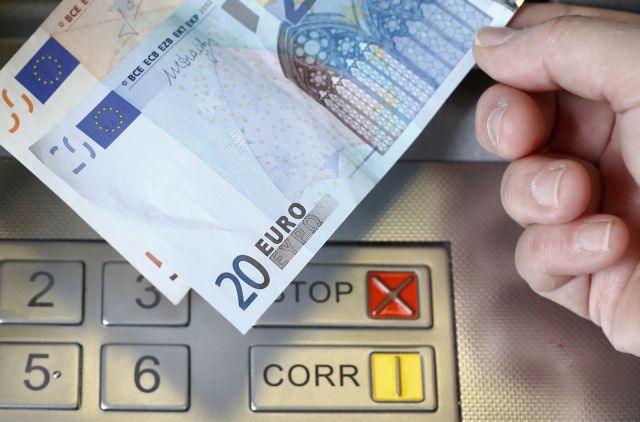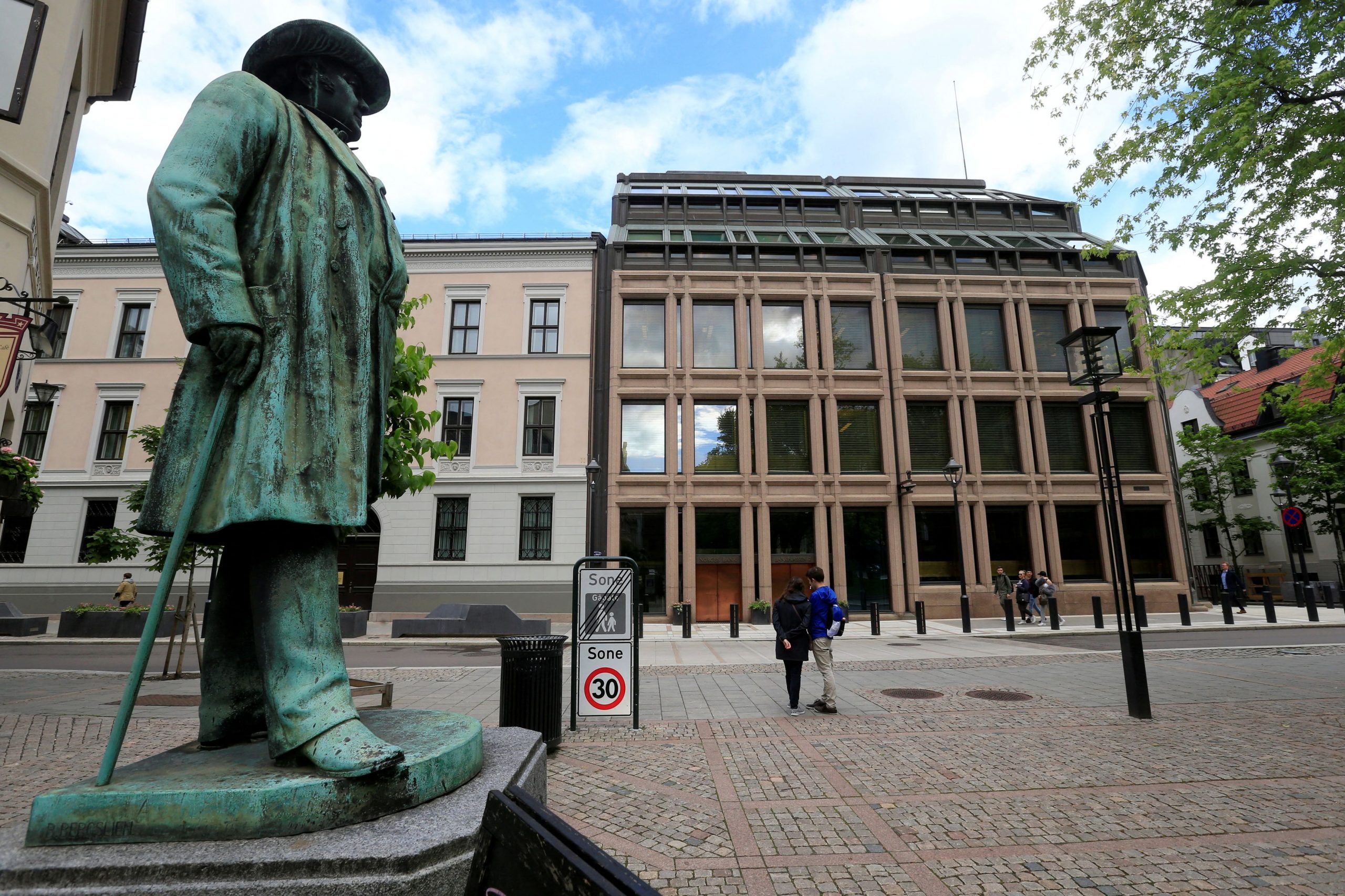Ten years have passed since Greece’s 2015 referendum — a pivotal event born from a period of intense political turbulence and deadlocked negotiations between Athens and its creditors over the country’s economic support program. Greece, teetering on the edge of financial collapse, faced historic decisions.
To revisit the key moments of that fraught period, here is a timeline of events beginning with the January 2015 national elections and ending with the snap elections of September that same year.
January 25 – National Elections
Syriza wins the national elections with 36.34% of the vote, securing 149 seats in parliament. The party forms a coalition government with the right-wing Independent Greeks party, led by Panos Kammenos. At 40 years old, Syriza leader Alexis Tsipras becomes Greece’s youngest Prime Minister in over a century.
January 30 – “You just killed the Troika” – “Wow”
After a meeting in Athens with Eurogroup President and Dutch Finance Minister Jeroen Dijsselbloem, Greek Finance Minister Yanis Varoufakis declares that Greece will no longer cooperate with the “poorly constructed” Troika of creditors (European Commission, ECB, IMF) and will abandon the ongoing fiscal program. Dijsselbloem famously tells Varoufakis, “You just killed the Troika.” Varoufakis replies, “Wow.”

February 20 – Preliminary Agreement
After marathon negotiations, Greece and its creditors reach a preliminary deal for a four-month extension of the bailout program. Greece agrees to honor its obligations, avoid rolling back reforms, and submit a list of reform proposals for review. Tsipras, relieved, tells aides: “We’ve got our head above water.”
March–April – Stalemate Returns
By early March, negotiations stall again. Greece’s reform proposals fail to satisfy creditors. As liquidity tightens, fears of a default grow. The government scrambles to devise a reform package that would unlock critical EU funding.
Talks within the Eurogroup remain unproductive. Internal rifts emerge within Syriza over whether the government should compromise to reach an agreement.
May – Running Out of Time
Greece is rapidly running out of both cash and time. Creditors express frustration over the slow pace of progress. By late May, they issue an ultimatum: “Sign a deal or leave the euro.”
June 24 – Ultimatum
Toward the end of June, the Greek government signals willingness to compromise, but the IMF and other creditors demand deeper concessions. On the evening of June 24, the Troika presents Athens with a final proposal and gives a deadline of noon the next day to accept it.
Greece requests a concrete commitment on debt relief. Creditors, in turn, demand a firm pledge to fully implement the reforms.
June 26 – Referendum Announced
Prime Minister Tsipras returns from Brussels without a deal. That night, in the early hours of June 27, he makes a surprise address to the nation announcing a referendum. Citizens are to vote on whether to accept the proposal presented by the European Commission, the ECB, and the IMF.
The ballot question:
“Should the proposed agreement by the three institutions be accepted? YES / NO”
June 27 – ATM Lines Begin
Queues form at ATMs as concerns grow about capital controls. It becomes widely expected that starting Monday, June 29, restrictions will be imposed on bank withdrawals to prevent a bank run.
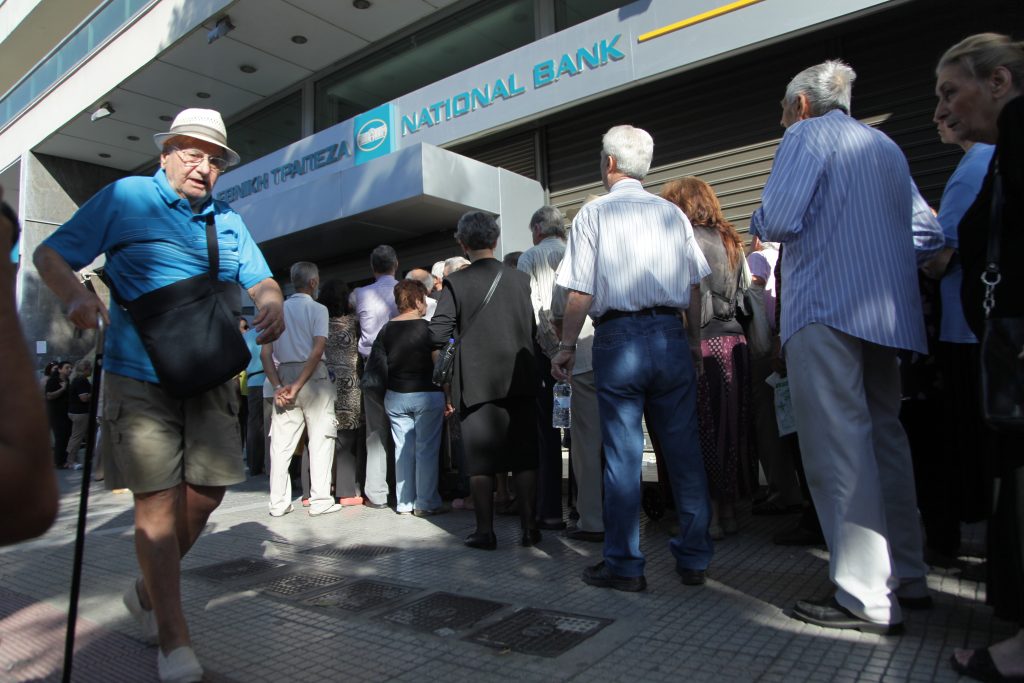
June 28 – Capital Controls Confirmed
The government confirms that banks will remain closed from June 29 to July 6. Daily withdrawal limits are set at €60 per card.
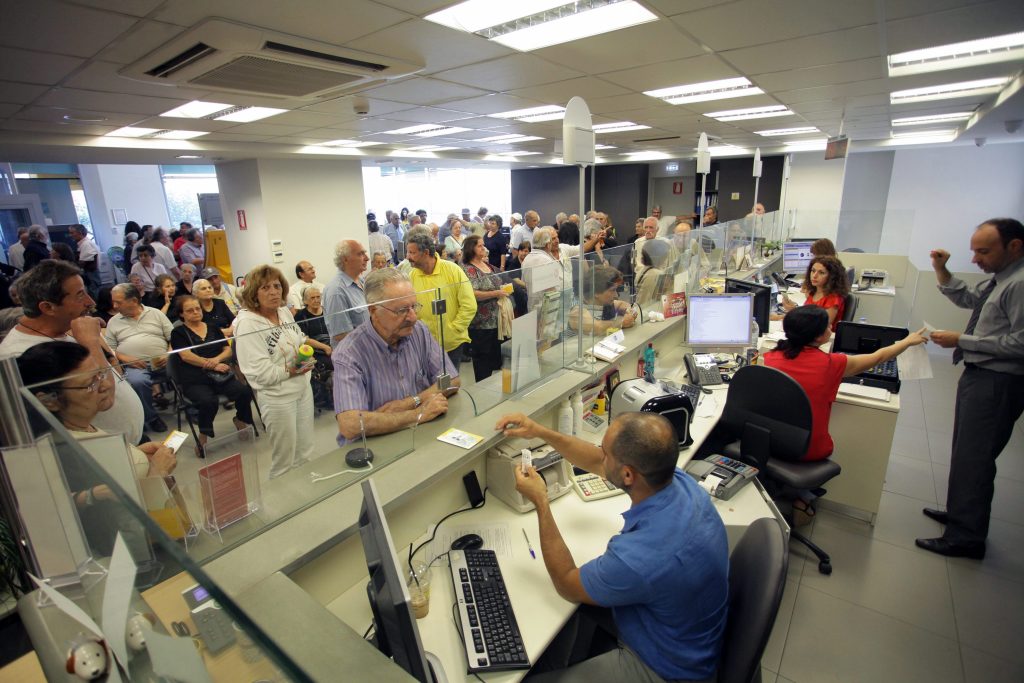
Pensioners who do not own ATM cards wait to withdraw part of their pensions to a bank branch, in Herakleion, on Crete Island, southern Greece,Greece, 01 July 2015. Pensioners who do not own an ATM card line up to enter in a bank branch to withdraw part of their pension, limit up 120 euros, as a result of capital controls imposed by the Greek government. The Greek government on 30 June presented a last-minute proposal for a two-year agreement with the European Stability Mechanism (ESM) to fully cover its financing needs, combined with debt restructuring. EPA/STEFANOS RAPANIS
June 29 – Bank Closures & “NO” Rallies
Banks across the country shut down. Many citizens, unfamiliar with online banking, panic as they lose access to their funds. Large rallies in support of a “NO” vote take place across Greece, culminating in a mass demonstration in Athens’ Syntagma Square on July 3.

June 30 – “YES” Campaign Mobilizes
Supporters of a “YES” vote hold their own rally in Syntagma Square under the banner “We Stay in Europe.” Pro-“YES” events continue throughout the week, peaking with a large gathering on July 4.

July 5 – Referendum Day
With a 62% voter turnout, nearly 6 million citizens cast their ballots. The result:
NO – 61.31%
YES – 38.69%
Celebrations break out across Greece. In a national address, Tsipras says the “NO” vote is not a mandate for rupture, but a call to negotiate a better deal. He announces plans to convene a political leaders’ summit.
That same day, opposition leader Antonis Samaras resigns as head of New Democracy.

July 6 – New Talks Begin
Finance Minister Yanis Varoufakis resigns. A cross-party leaders’ summit is held, with all major party leaders participating, except Communist Party leader Dimitris Koutsoumbas. A joint statement declares that the referendum outcome is not a mandate for a break with Europe.
A new round of intense negotiations begins.
July 13 – Agreement Reached
After 17 hours of negotiations, Greece and its creditors reach a deal. On July 15–16, the Greek parliament ratifies the agreement with 229 MPs voting “yes,” 64 voting “no,” and 6 voting “present.”
August 13–14 – Third Bailout Memorandum
In the early hours of August 14, parliament approves the third bailout agreement with 222 votes in favor. However, internal party dissent grows: 32 Syriza MPs vote “no,” and 11 vote “present,” stripping the government of its parliamentary majority.
August 20 – Tsipras Calls Snap Elections
Tsipras announces his resignation and calls for snap elections.
September 20 – Syriza Wins Again
Syriza wins the elections again with 35.46% of the vote and 145 seats. The party renews its coalition with Independent Greeks and returns to power.

Source: Tovima.com
